 In his book Can we be happier?, Richard Layard advocates that the central driving principle of mankind should be to maximise the total happiness experienced by all individuals across a society.
In his book Can we be happier?, Richard Layard advocates that the central driving principle of mankind should be to maximise the total happiness experienced by all individuals across a society.
It represents a brave attempt by a trained economist to advocate that governments change the objective of maximising GDP growth to one of looking to improve the health, wealth and quality of life of its citizens as measured by their happiness.
I don’t think the author does any favours to his idea by using the term happiness. Happiness conjures images of silliness, unthinking behaviour and short-term enjoyment. This is not what he means. In the book happiness is measured by asking people how satisfied they are with their life. Life-satisfaction, in my view is quite a different concept, in implies a contentment with one’s position in the world. The book should be retitled Can we be more satisfied with our lives?
He says:
The challenge to development economists is clear. Grinding poverty has to be eliminated. It destroys happiness and shortens lives. But it is wrong to go helter-skelter for growth. What is needed is a deliberate process whereby genuine communities are maintained or created – communities which give people the feeling of belonging and purpose.
All this is true but this will not be achieved by focussing solely on life-satisfaction. The measurement is unaspirational, unaccepting of change and self -centred. I believe a better measure of human progress is life-fulfilment.
To quote from Compete or Co-operate:
I believe there are two aims for human society that most of us can support. The first is for as many people as possible to live a sufficiently healthy and safe existence that they can achieve life fulfilling roles in their communities. The second is to achieve an ecologically stable presence on Earth, one in which the future of humanity is secure and the natural world is protected. The pursuit of life fulfilment is a specifically human objective. It is an expression of the human requirement to have purpose and meaning in life. All humans need recognition and praise for their achievements, however small they may be. Life-fulfilment can be as elemental as bringing up a family, but it also can be gained by work, participating in sport, and providing support to others in the community. Its outcome is directly related to the needs of society as a whole and not necessarily based on material reward or personal self-gratification.
Concentrating on maximising happiness alone will not be enough to create a successful society.
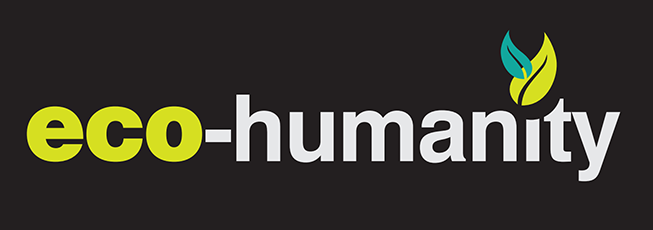
 Over the past few months, we have seen a glimpse of the future direction that evolution is taking us. Catastrophic destruction of the natural world has resulted in floods, fires and pandemics. We’ve known of this potential outcome for decades. However, precious little has happened to stop it occurring.
Over the past few months, we have seen a glimpse of the future direction that evolution is taking us. Catastrophic destruction of the natural world has resulted in floods, fires and pandemics. We’ve known of this potential outcome for decades. However, precious little has happened to stop it occurring.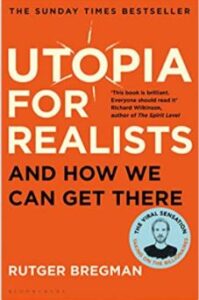 These days the left seems to have forgotten the art of Politics. Worse , many left -wing thinkers and politicians attempt to quell radical sentiments among their own rank and file in their terror of losing votes. This attitude is one I’ve begun to think of in recent years as the phenomenon of ‘underdog socialism’. . Sadly, the underdog socialist has forgotten that the story of the left ought to be a narrative of hope and progress.
These days the left seems to have forgotten the art of Politics. Worse , many left -wing thinkers and politicians attempt to quell radical sentiments among their own rank and file in their terror of losing votes. This attitude is one I’ve begun to think of in recent years as the phenomenon of ‘underdog socialism’. . Sadly, the underdog socialist has forgotten that the story of the left ought to be a narrative of hope and progress. ‘Democracy is the art of thinking independently together’ said the American philosopher, Alexander Meikljohn. If this is true then this art has been lost in the West and democratic government is in crisis as a consequence.
‘Democracy is the art of thinking independently together’ said the American philosopher, Alexander Meikljohn. If this is true then this art has been lost in the West and democratic government is in crisis as a consequence.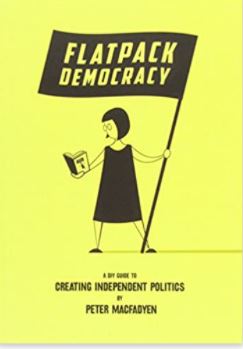 We desperately need cultural change in the way our politicians behave. The excesses of tribal behaviour need to be curbed to allow issue identification and resolution. The remnants of effective democratic processes in the House of Commons survive in conventions for speaking courtesies: representatives must be addressed as Right Honourable and members are not allowed to use ‘unparliamentary language’. But the essence of the democratic processes have been so degraded over time that there needs to be a root and branch review of systems and codes of behaviour. Politics would be much more effective if representatives listened to other views, ceded points of discussion and reached genuine rational decisions. It’s not rocket science. It needs good chairing and agreed rules of conduct, such as those suggested by
We desperately need cultural change in the way our politicians behave. The excesses of tribal behaviour need to be curbed to allow issue identification and resolution. The remnants of effective democratic processes in the House of Commons survive in conventions for speaking courtesies: representatives must be addressed as Right Honourable and members are not allowed to use ‘unparliamentary language’. But the essence of the democratic processes have been so degraded over time that there needs to be a root and branch review of systems and codes of behaviour. Politics would be much more effective if representatives listened to other views, ceded points of discussion and reached genuine rational decisions. It’s not rocket science. It needs good chairing and agreed rules of conduct, such as those suggested by
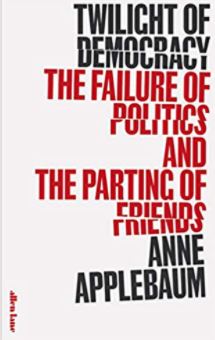 Authoritarians need people who will promote the riot or launch a coup. But they also need people who can argue that breaking the constitution or twisting the law is the right thing to do. They need people who will give voice to grievances, manipulate discontent, channel anger and fear, and imagine a different future. They need embers of the intellectual elite, in other words, who will launch a war on the rest of the intellectual and educated elite, give voice to grievances…. [by] betraying the central task of an intellectual, the search for truth, in favour of particular political causes.
Authoritarians need people who will promote the riot or launch a coup. But they also need people who can argue that breaking the constitution or twisting the law is the right thing to do. They need people who will give voice to grievances, manipulate discontent, channel anger and fear, and imagine a different future. They need embers of the intellectual elite, in other words, who will launch a war on the rest of the intellectual and educated elite, give voice to grievances…. [by] betraying the central task of an intellectual, the search for truth, in favour of particular political causes.
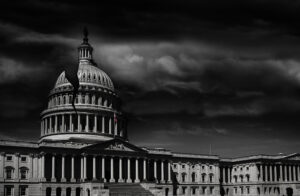 A country’s democratic systems of government age over time. It’s operational arteries, unable to adapt to a changing world, become sclerotic, and a cancer of vested interests invades the organs of government. No longer able to function for the good of all, democracies become increasingly distanced from the electorate at large.
A country’s democratic systems of government age over time. It’s operational arteries, unable to adapt to a changing world, become sclerotic, and a cancer of vested interests invades the organs of government. No longer able to function for the good of all, democracies become increasingly distanced from the electorate at large. It’s depressing, the forces of darkness almost won. Even after 4 years of disorganised, divisive and retrograde government, almost 50% of Americans voted for Donald Trump. It seems they didn’t mind the lies and the irrational, racist and illegal behaviour. Although the less well-off were the back bone of his support, nothing had been done to improve their economic or health prospects. His much-heralded financial reforms, merely made the rich, and particularly Donald Trump, richer; his attacks on Obama Care reduced their access to medical support. Despite this, his appeal to the emotions and prejudices of his supporters remained strong and even grew.
It’s depressing, the forces of darkness almost won. Even after 4 years of disorganised, divisive and retrograde government, almost 50% of Americans voted for Donald Trump. It seems they didn’t mind the lies and the irrational, racist and illegal behaviour. Although the less well-off were the back bone of his support, nothing had been done to improve their economic or health prospects. His much-heralded financial reforms, merely made the rich, and particularly Donald Trump, richer; his attacks on Obama Care reduced their access to medical support. Despite this, his appeal to the emotions and prejudices of his supporters remained strong and even grew. The covid-19 pandemic has exposed how much religion has declined as a major influence in our lives. In Mediaeval Europe, religion would have been at the centre of the response to the disease. People would have crowded into Church to pray for their loved ones. Priests would have organised special masses for those afflicted. The outbreak would have been blamed on God’s righteous punishment for human sins. There would have been a sense of resignation, inshallah, nothing happens unless God wills it. However, it was OK, those that had not sinned could still get to heaven (as long as they paid priests to get them through purgatory).
The covid-19 pandemic has exposed how much religion has declined as a major influence in our lives. In Mediaeval Europe, religion would have been at the centre of the response to the disease. People would have crowded into Church to pray for their loved ones. Priests would have organised special masses for those afflicted. The outbreak would have been blamed on God’s righteous punishment for human sins. There would have been a sense of resignation, inshallah, nothing happens unless God wills it. However, it was OK, those that had not sinned could still get to heaven (as long as they paid priests to get them through purgatory).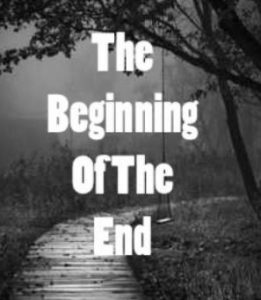 are entering the end game, when human advance can no longer be taken for granted.
are entering the end game, when human advance can no longer be taken for granted.